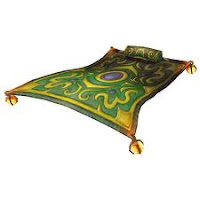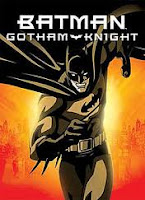How do you say OJALÁ in English?

You don't because OJALÁ is a word that only exists in Spanish. It all began with the occupation of what now are Spain and Portugal by the Muslims long ago. They remained in that part of Europe until almost the end of the XV century when they were defeated by the combined forces of the kingdoms of Castilla and Aragón. But before they left a considerable number of their words were taken into Spanish which is one of the things that make this language unique. One of such words is OJALÁ which as you can see contains the name by which Muslims know God: Allah (Alá in Spanish). It means "If Allah wishes so." So as there is a bit of irony in the whole thing since every time the very Christian Latin Americans say OJALÁ they are actually mentioning God, in a way similar to how Muslims would. Now there is not an exact word to translate OJALÁ, but there are equivalents. Spanish ...





